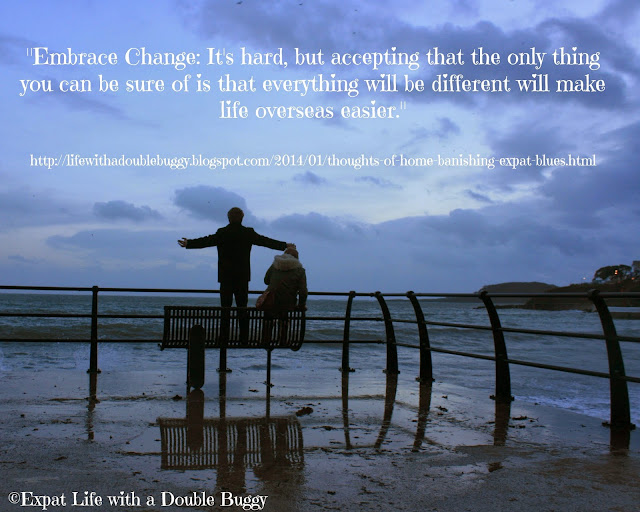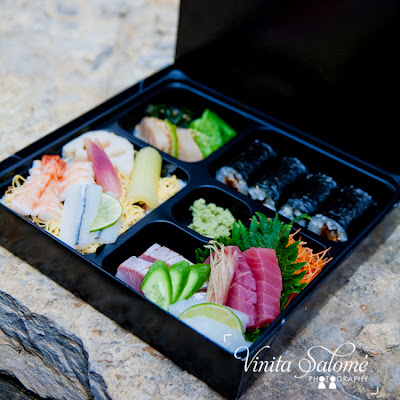I've been living in the Netherlands for more than fifteen years and although my daily life is conducted in Dutch, writing remains the weakest area of my Dutch language skills. I need to really think about every single word and sentence I write. So it's no wonder that this is also the area I find hardest whilst raising my children to be bilingual. And it's the topic I have chosen for the Multicultural Kid Blogs carnival about raising multicultural children.
The European Mama also points out just how far handwriting is cultural - it differs across the world, and not just because of the different alphabets:
Why Bother with Writing in a Second Language?
The first question you may be asking yourself is why bother. Gone are the days when we hand write everything; we have computers now. We have auto correct and spelling check. Why spend so much time trying to teach our children to write in a second or third language? The Russian Step by Step team sum it up:"Yes, everyone will agree that in the modern world we have a lot less opportunities to use handwriting than even 50 years ago. Everyone, even toddlers, use the “screens” and start typing at a very early age." Russian Step by StepBut there are still many reason whys handwriting is today still an important tool to help your children improve their language skills. Russian Step by Step give four great reasons in their post Why Learn the Russian Handwriting? which apply to other languages too.
The European Mama also points out just how far handwriting is cultural - it differs across the world, and not just because of the different alphabets:
Writing is something special!
How Do Children Learn to Write
Bilingual Avenue has a whole podcast dedicated to helping you understand How do kids really learn to write, as well as this one to support you in teaching your child to write in the home language.Of course, to be able to write in a language a child also needs to be able to read, which is the theme of a great post on Spanish Playground, tips to help teach those first steps to reading: Spanish Syllables: Learning to Read.
Multilingual Parenting shares tips in a post called 'From bilingual to biliterate':
"What you can do as a parent to nurture this interest is being a great role model for literacy. Read lots of books to (and later with) your child. Following the words with your finger while reading allows your child to make the connection between the sounds, letters and words. Write notes, cards and letters. If you have nothing else to write on a day, make writing the shopping list something that you do together." Multilingual ParentingUse day to day chores to practice writing, make use of technology and get your children writing emails to family members in their second language.
Make Writing Fun to Keep Children Engaged
Being able to write in a language is important and there are ways to encourage, motivate and help your children develop an enthusiasm for writing in a language that is not their native tongue.
Adam Beck (Bilingual Monkeys) advocates making literacy development fun - and as far as I'm concerned keeping it fun is one of the best tips for parents raising multilingual children. His idea of Silly Stories is a sure fire way to get children laughing and learning!
Another idea over on the blog Family Life in Spain is to use story cubes to create stories that can also be written. My children love story cubes but we have only used them to make up verbal stories so I love this idea of taking it further and actually writing down the little tales we make up.
Fun is also the key to this post by Raising a Trilingual Child - not just fun but food too!
"Apparently there is nothing as easy and fun as teaching your child letters using an aromatic Italian mortadella! One evening I was preparing appetizer for kids, I took a big piece of mortadella, the Italian heat-cured meat sausage, and started slicing it and cutting it in cubes and sticks." Raising a Trilingual ChildThere are eight more creative tips on Discovering the World Through my Son's Eyes to keep your children engaged in reading and writing from bingo to mini books. She realises that as parents raising bilingual children we sometimes need to think out a little outside the box:
Just Start Writing
I journal. I write daily. I read daily. I read with my children on an almost daily basis (if not me then my husband does so we alternate between Dutch and English books). And I hope by doing these things the importance of reading and writing, in both languages, becomes engrained in my children - that practicing these skills just come naturally to my boys.Writing can be in many forms:
Journaling - I am currently exchanging journal entries with my eldest boys using The Time Capsule and Between Mom and Me, journals that have been made especially for children. I have written before about how to use journals to encourage writing in a second language - and it's a tool that really works for us.
A Pen Pal - Read why everyone should have a pen pal here.
I have five more ways in this post: 5 Ways to Encourage a Child to Write in a Second Language
And finally, in his blog post "Do This One Simple Thing and I Guarantee You Greater Success On Your Bilingual Journey" Adam Beck explains just how important writing is as a tool on your bilingual journey, not just for our children but for us too, to help us raise our bilinguals:
"Just start writing: No matter who you are, or what your circumstances are like, if you make writing about your bilingual journey a priority in your life—a firm and regular routine—you will inevitably strengthen your awareness and your actions, and accordingly, your children’s bilingual development." Bilingual Monkeys


































